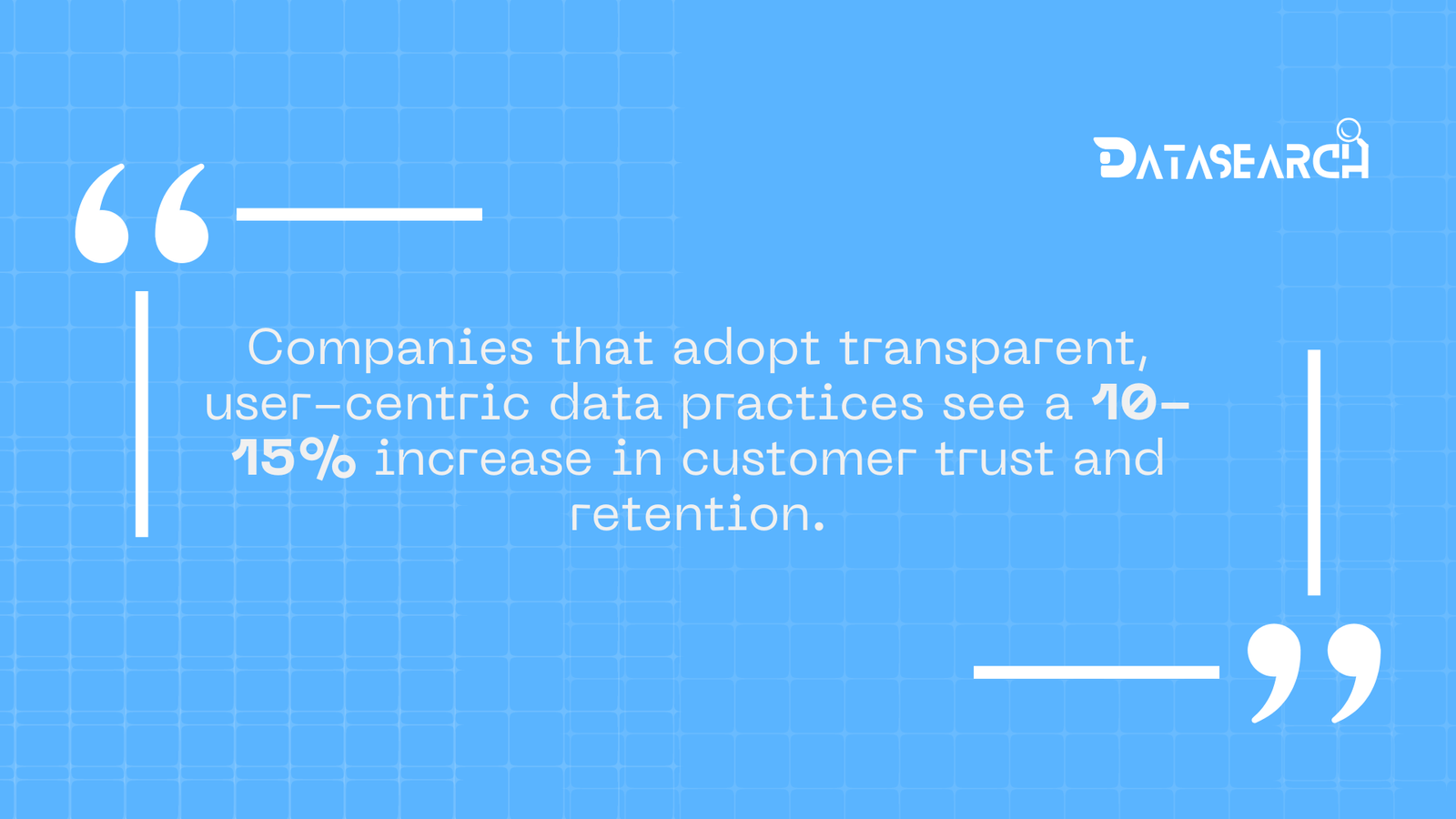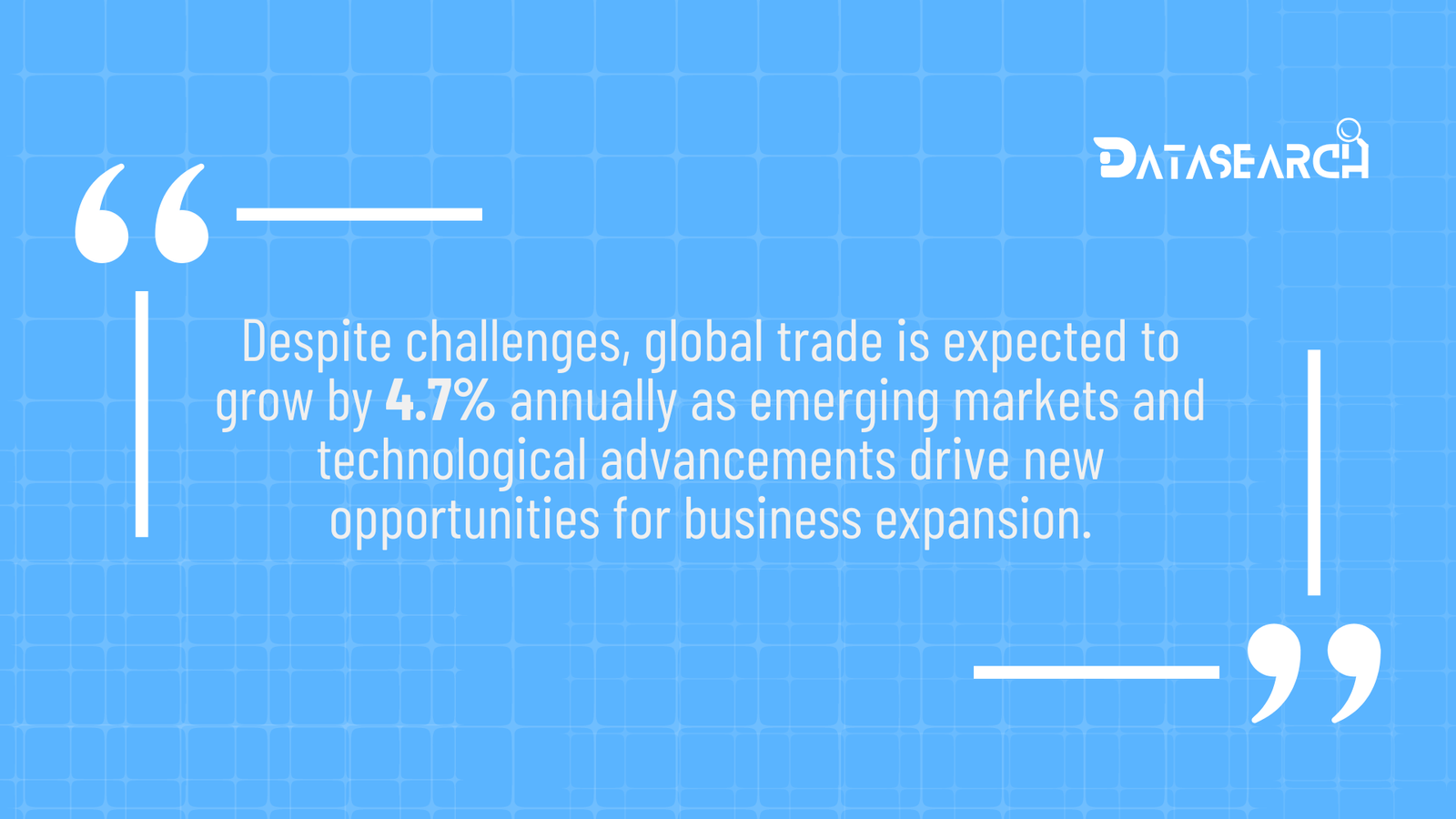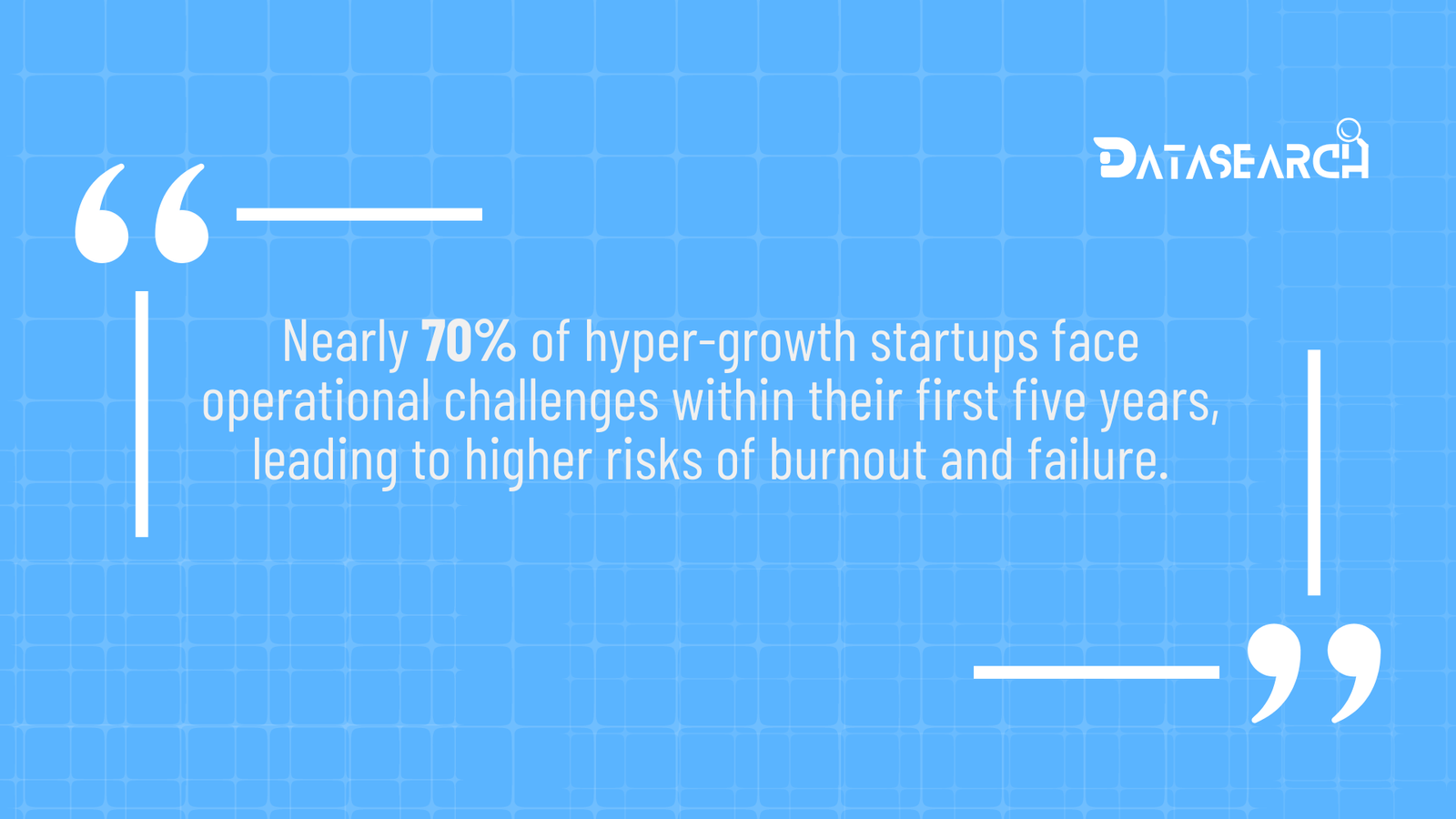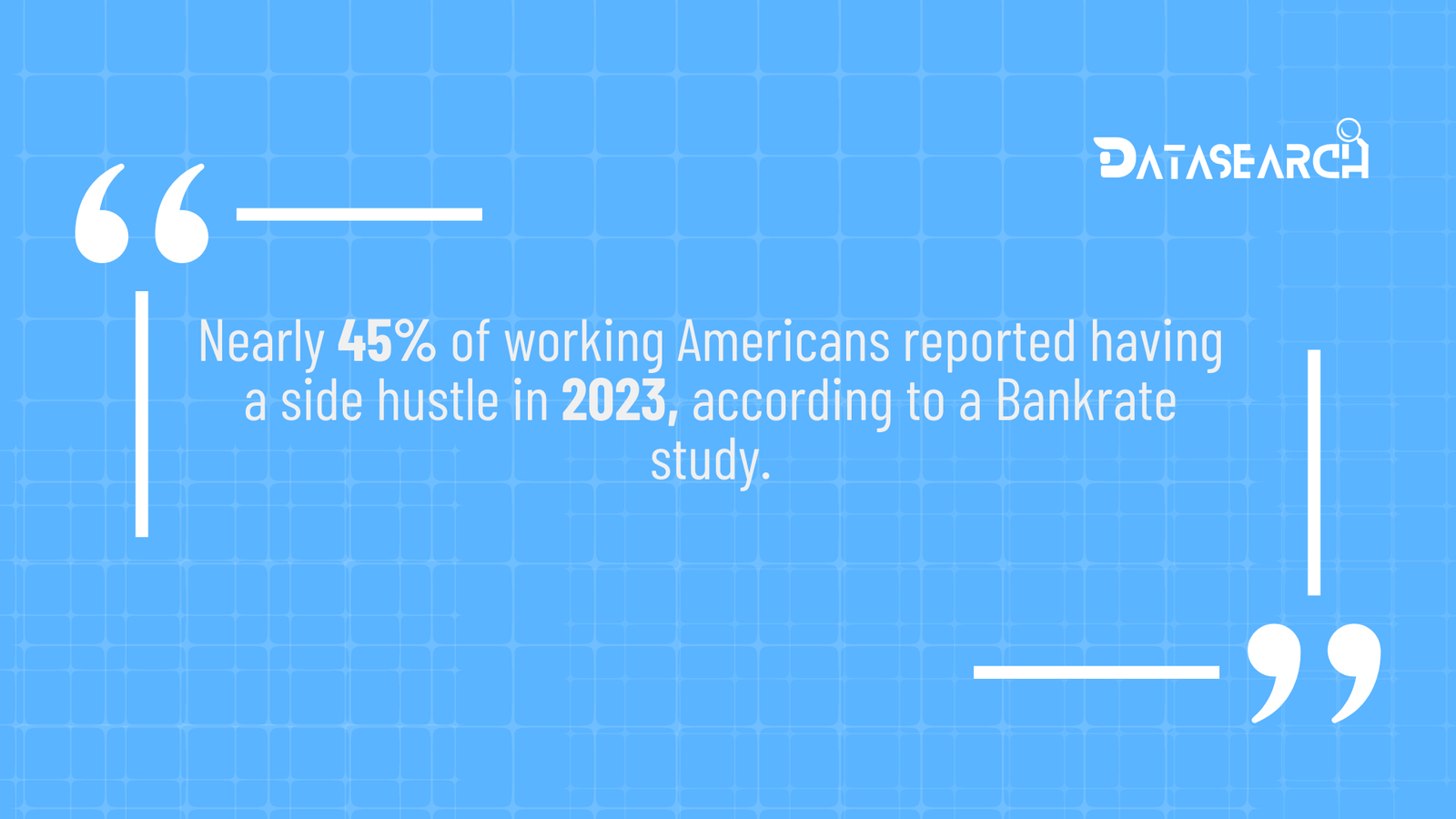As we navigate through an increasingly digital world, every online interaction—whether it’s browsing a website, sharing on social media, or making a purchase—leaves a trail of information known as a digital footprint. This vast collection of data is valuable to businesses, governments, and other entities, raising critical questions about data ethics: Who truly owns this data, and what rights do individuals have over their digital footprint? In this article, we explore the ethical issues surrounding data ownership, privacy, and control in the digital age.
1. What is a Digital Footprint?
A digital footprint refers to the trail of data you leave behind when engaging with digital platforms and online services. This includes both active data—like posts, messages, and uploaded photos—and passive data, such as browsing history, search queries, and geolocation information. While this data helps companies improve services, personalize experiences, and enhance marketing efforts, its collection also raises concerns about how this information is used, stored, and shared.
💡 Fact: According to a report by Domo, more than 2.5 quintillion bytes of data are generated each day, much of it from individuals interacting with digital platforms.
2. Who Owns Your Digital Footprint?
Ownership of digital data is a complex issue. Technically, individuals generate data as they engage with online services, but the entities collecting it—such as social media platforms, search engines, or online retailers—often claim control over how that data is used. This can lead to tension between businesses seeking to capitalize on data for profit and individuals concerned about how their personal information is being handled.
📊 Insight: Most online platforms retain ownership of the data users generate through their services, outlined in the often-overlooked Terms of Service agreements. This makes it difficult for individuals to control how their data is used.
3. The Role of Data Privacy Regulations
In response to growing concerns about data ownership and privacy, governments worldwide have introduced data protection regulations aimed at giving individuals more control over their personal data. The General Data Protection Regulation (GDPR) in Europe and the California Consumer Privacy Act (CCPA) in the United States are two notable examples. These laws grant individuals the right to access their data, request its deletion, and opt out of data collection practices.
🔐 Pro Tip: Understanding your rights under data privacy laws is crucial. Under GDPR, for example, individuals have the “right to be forgotten,” allowing them to request the deletion of personal data from company databases.
4. Ethical Questions About Data Collection
One of the central ethical issues is whether companies are transparent about how they collect, store, and use personal data. Many organizations engage in data harvesting—gathering vast amounts of user data for analytics, personalization, or sale to third parties—often without explicit user consent. Even if consent is obtained, it’s often buried in lengthy terms and conditions that many people don’t read or fully understand.
📱 Example: Popular social media platforms often collect detailed behavioral data—such as likes, shares, and interactions—which is then used to build detailed profiles for advertisers. While this creates more relevant ads, it raises questions about informed consent and user control.
5. Monetizing Personal Data: Fair or Exploitative?
Another key ethical debate revolves around companies profiting from individuals’ personal data. Many digital platforms offer “free” services in exchange for users’ data, which is then sold to advertisers. While this model has allowed services like Google and Facebook to thrive, critics argue that it exploits users by commodifying their personal information without fair compensation.
💼 Pro Tip: Some emerging platforms are exploring models where users can sell their data directly to companies or choose to share it in exchange for compensation, thus giving individuals more control over their digital footprint.
6. The Ethical Responsibilities of Companies
As data becomes more integral to the global economy, companies must balance the desire for data-driven growth with ethical responsibilities. This includes ensuring data security, maintaining transparency about data usage, and respecting user consent. In addition, companies should consider the long-term impacts of data collection, particularly when it involves sensitive information like health data, financial records, or biometric details.
🚨 Example: The 2018 Cambridge Analytica scandal, in which personal data from millions of Facebook users was harvested without consent, highlighted the dangers of unethical data collection practices and led to increased scrutiny of how companies handle user data.
7. Empowering Individuals Through Data Ownership
One solution to the ethical challenges surrounding digital footprints is giving individuals more direct control over their data. With emerging technologies like blockchain and decentralized data platforms, users can potentially own and manage their personal information. This could lead to a future where individuals are able to sell, share, or protect their data as they see fit, rather than leaving these decisions solely in the hands of corporations.
🔗 Insight: Decentralized platforms, like the Solid project led by web inventor Tim Berners-Lee, aim to give users ownership of their personal data by storing it in “pods” that can be controlled and accessed at their discretion.
How DataSearch Can Help You Navigate Data Ethics
At DataSearch, we understand the importance of balancing data-driven business growth with ethical data management. Our platform helps businesses comply with data privacy regulations while providing access to high-quality, relevant data for decision-making. Whether you need to navigate GDPR compliance or ensure transparency in data collection, DataSearch.pro offers the tools and insights needed to build trust with your customers.
Ready to prioritize ethical data practices? Visit our website today to learn how DataSearch can help you manage your digital footprint responsibly while leveraging data for success.




